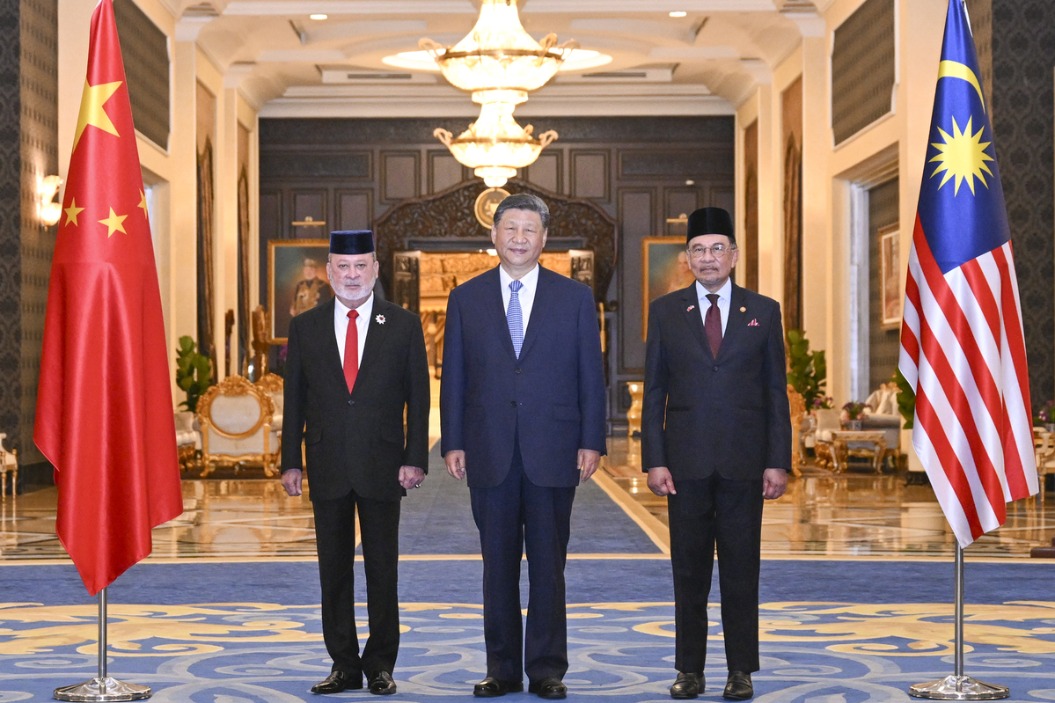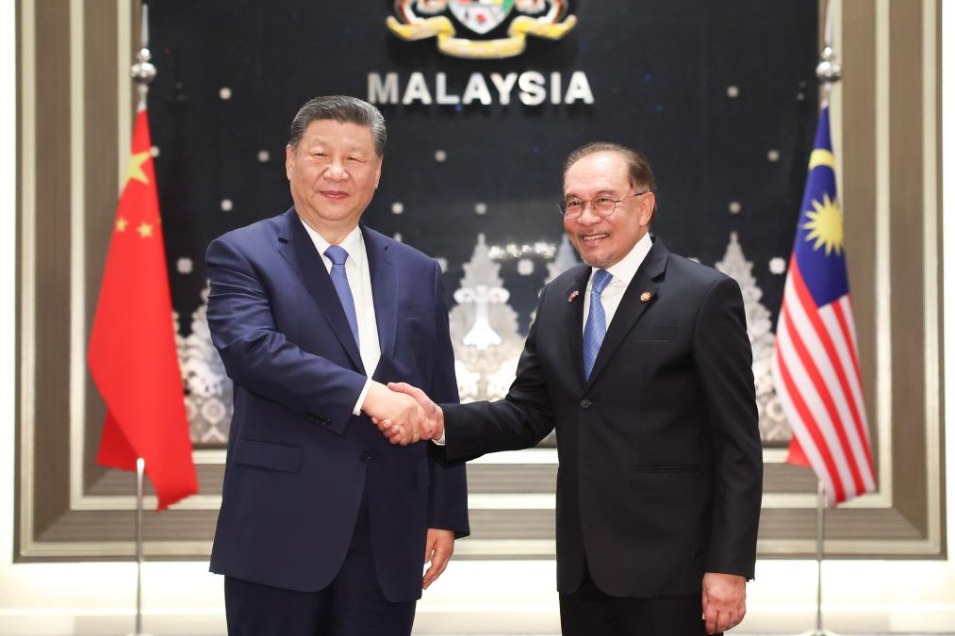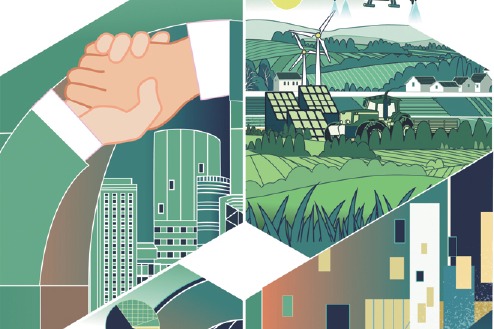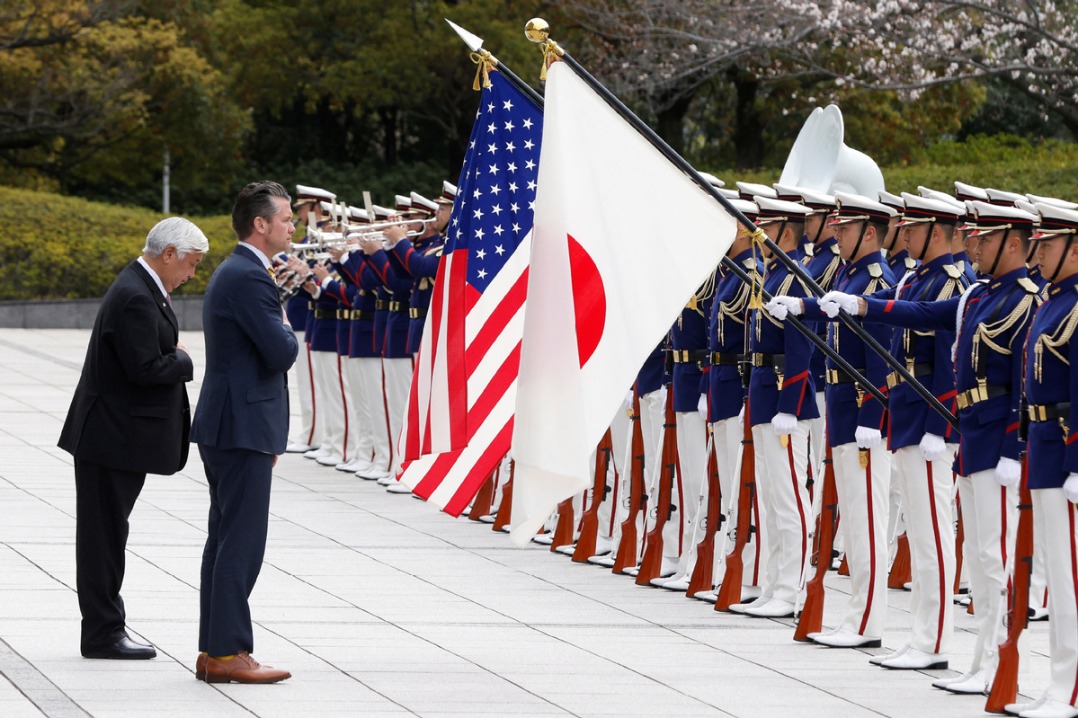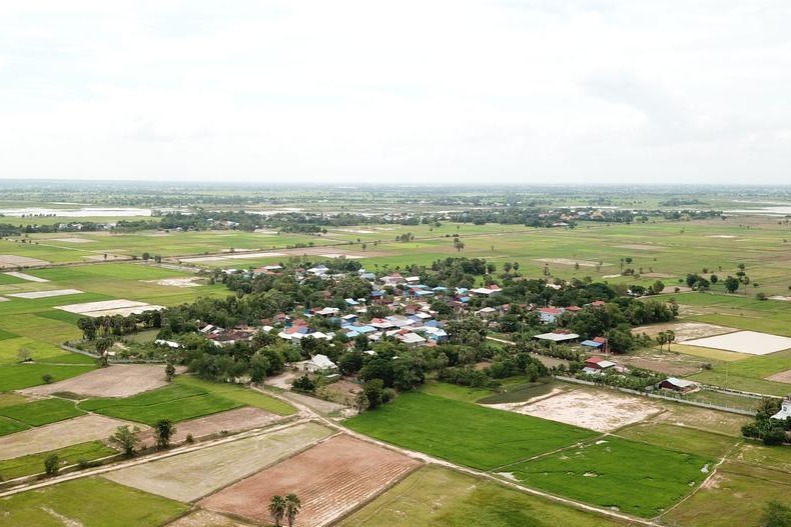Shutting its doors on thinkers won't make America great again


The lawsuit filed on April 11 by four international students against the Department of Homeland Security and other immigration officials, stating that their student immigration status was illegally terminated, which was followed by a court hearing, is not only a legal challenge, but also an urgent alarm bell for the US administration.
The recent wave of student visa cancellations, many carried out without any public explanation or procedural clarity, marks a radical departure from the long-standing tradition of welcoming foreign talent to the United States. Since the end of World War II, the US has been like a magnet for the brightest minds the world over, with international students forming a key pillar of the nation's scientific and technological dominance. Yet under the second Donald Trump administration, this tradition is under threat.
By April 11, as many as 700 international students had their visas revoked — some just weeks before their graduation. Many were abruptly ordered to leave the country, leaving universities scrambling to find ways to allow them to complete their studies remotely. No consistent rationale has been provided for this sweeping crackdown. It appears to be motivated more by ideological fervor than by any sound policy analysis.
The harm this inflicts on the US is both immediate and long-term. At an economic level, international students contribute billions of dollars annually, funding that supports not just the universities, but also local economies in cities and towns where these students live and study.
The actual cost of driving the students away goes far beyond financial calculations. Throughout modern history, international students have been at the heart of the US' most profound scientific and technological achievements. The US owes some of its most groundbreaking discoveries to immigrants who first arrived as students. Among them are Nobel laureates of Chinese origin such as Yang Chen-ning, Tsung-Dao Lee, and Daniel Chee Tsui — trailblazers in physics whose work has shaped entire fields.
Cultural and political life, too, has been enriched by international scholars. Former US president Barack Obama's father, a Kenyan, met his American mother while studying in the US. When their son became president he changed the nation's political narrative. Elon Musk, originally from South Africa, studied at the University of Pennsylvania before founding revolutionary companies such as SpaceX and acquiring the platform now known as X (formerly Twitter).
One has to imagine a US without these individuals to realize what is at stake. Would it still be a beacon of innovation, freedom, and global leadership had it turned away the people who helped define its modern identity?
Expelling international students may offer temporary satisfaction to a political base driven by "fears of cultural dilution or economic competition". It may create the illusion of "taking care of our own". But such shortsighted nationalism undermines the country's long-term interests. A less diverse, less connected, and less innovative US will only end up with a shrinking economic pie.
Fortunately, not everyone in the US is turning a blind eye. As early as March 25, the Knight First Amendment Institute at Columbia University filed a lawsuit against the government's visa policies. On Friday, attorneys general from 19 Democratic states urged a federal judge to block the Trump administration's decision to cancel hundreds of international student visas.
These actions show that many in parts of the US still know what truly makes the US great. It is not the walls it builds or the borders it tightens, but the openness it once offered to the world's dreamers, doers and thinkers. Abandoning that openness now would not only betray its own legacy — it would accelerate its decline.
















